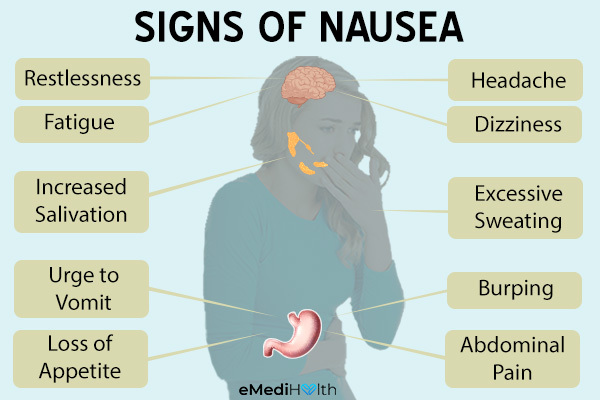

The researchers wrote that with 57.8 million cases worldwide, "even a small incidence of long-term debility could have enormous health and economic consequences." There are now more than 110 million cases worldwide, according to the latest data compiled by Johns Hopkins University.Ī much larger study, published in early January in The Lancet, found that of 1,733 coronavirus patients treated in the Chinese city of Wuhan, 76% were still experiencing at least one symptom six months after their symptoms began. US life expectancy drops 1 year during COVID pandemic, most since World War II And 14 participants (8%) - including 9 people who had not been hospitalized - reported having trouble performing at least one usual activity, such as daily chores. More than 30% of respondents reported worse quality of life compared to before getting sick. The most common were fatigue and loss of smell or taste. They found that 30% of respondents reported persistent symptoms. Notably, this group included 150 outpatients, who had "mild" disease and were not hospitalized. Researchers from the University of Washington followed 177 people with laboratory-confirmed SARS-CoV-2 infection for up to nine months - the longest follow-up to date. Nobody is sure what percentage of people who've been infected with SARS-CoV-2 go on to develop post-COVID syndrome.Ī new research letter published Friday in the journal JAMA Network Open is shedding new light on the condition. In support groups, they sometimes refer to themselves as long-haulers their condition is alternately called long COVID, continued COVID, post-COVID syndrome or post-acute COVID syndrome.

And a growing group of people get sick and then never fully recover. More than a year into the pandemic, what has become abundantly clear is that SARS-CoV-2 - the virus that causes COVID-19 - is a tricky virus: Some people aren't aware they're infected at all, while others are hospitalized and some die. "I'm really only able to function for maybe, tops, like four hours during a day," she said. While Condra said she started getting better at the beginning of 2021, she describes her progress as slow and halting. I get the same symptoms again and again, and it's like one will kind of disappear and then others will come up," she explained. Medical imaging shows how COVID attacks the body, new study findsīut, after it appeared she had recovered from her acute illness, Condra says she began developing a wide array of health problems that waxed and waned but did not clear up: terrible sinus pain, nausea and loss of appetite, bone-crushing fatigue, dizziness, a burning sensation in her chest, a dry cough, brain fog, confusion, concentration issues and problems with word retrieval.

Her symptoms were comparatively mild: fatigue, shortness of breath, stomach pain and cramping, and a low-grade fever. Unlike Reagan, when 34-year-old Stephanie Condra got sick with COVID-19 last summer, she didn't have to be hospitalized. He has not been able to return to anything near the active life he enjoyed before. "I realized that I have a lot of damage from COVID and it's changed my life completely," he said.
Headache nausea dizziness series#
"Since then it has been a roller coaster," he said, with ups and downs, new symptoms, a whole series of doctors, medications and tests. Here's why it could be deceptiveīut for as hard as that was, what he's been through since could be considered just as bad, if not worse: His current symptoms include constant pain in his chest, painful nerve pain in his hands and legs, seizures, tremors, and the loss of vision in one eye.

US data shows a big decline in new COVID-19 cases. Reagan said he spent two months in and out of the hospital last spring, with acute COVID-19. I ended up in the hospital that day and tested positive for COVID." "I went into the bathroom trying to catch my breath, and I immediately coughed up blood into the sink. "I woke up first thing in the morning and I felt really hot and out of breath," he said, recalling the morning of March 22, 2020. It's been almost a year since Michael Reagan, 50, came down with COVID-19. It's been nearly 18 weeks of agony for Lisa Beard's 13-year-old son, Hudson, who contracted COVID-19 in November and has had symptoms ever since.


 0 kommentar(er)
0 kommentar(er)
